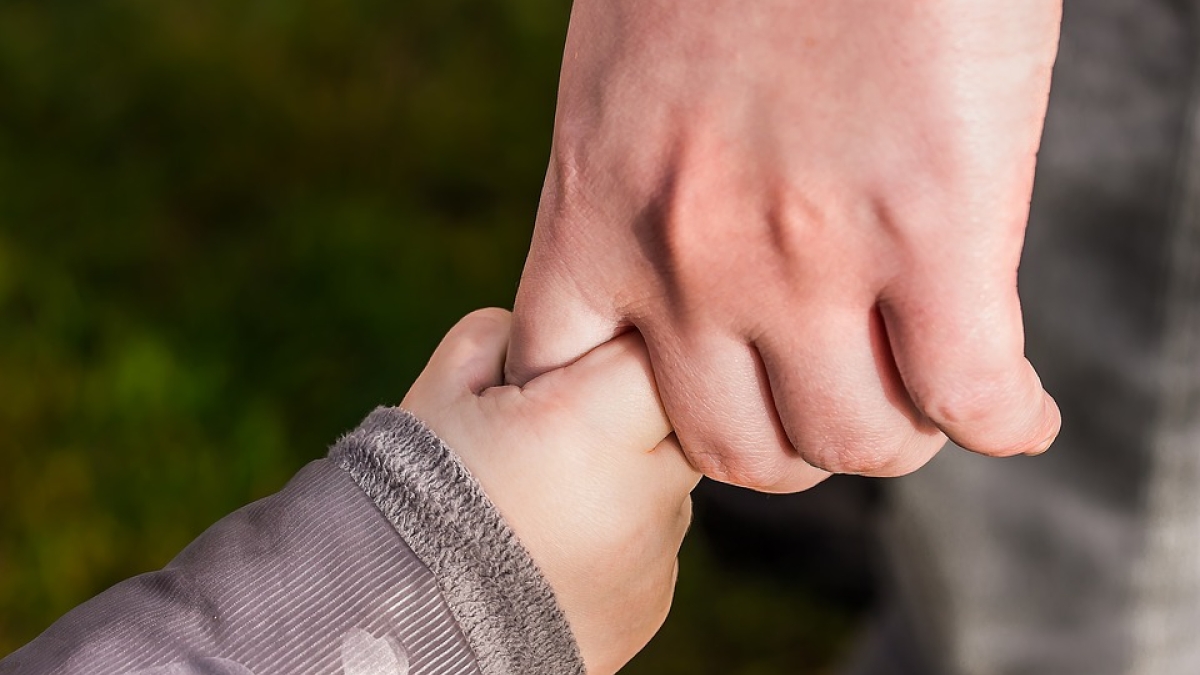Like many children who grow up with an incarcerated parent, it took Deborah Jiang Stein years to step out from the shadow of societal stigma and personal shame, eventually detailing her experience in the book “Prison Baby.”
What she went through happened decades ago. Today, although an estimated 2 million children in the U.S. — and roughly 13 percent of children in Arizona — are currently experiencing parental incarceration, resources to help them and their families cope are still scarce.
“We’re a culture of secrecy and shame,” Jiang Stein said. “So if a child has a parent in prison, that falls into the category of ‘Let’s not talk about this.’”
This Sunday through Wednesday, April 22-25, hundreds will gather at the Renaissance Hotel in downtown Phoenix to challenge that notion at the inaugural National Children of Incarcerated Parents Conference, hosted by ASU’s Center for Child Well-Being.
Jiang Stein will be on hand to deliver the keynote lecture.
The Center for Child Well-Being was founded in 2016 to bring more attention to the needs of vulnerable kids, focusing their work on three areas: research and evaluation, development and facilitation of professional training, and bringing in speakers from community organizations to deliver talks.
Research at the center is carried out by faculty, graduate and undergraduate students from disciplines that include engineering, computer science and nutrition, among others.
The idea for the upcoming conference grew out of a smaller, regional event held in 2014, where center director Judy Krysik realized something more permanent and sustainable needed to be established.
“I didn’t know how many people I knew who were touched by this issue until we started planning the conference and people I’ve known for a long time suddenly were telling me they had an incarcerated parent,” Krysik said. “This isn’t something that people talk about. So we hope this conference will raise awareness and allow people to have an open conversation about it.”
The conference will focus on four themes: impact on children and families, training and support for professionals, evidence of program and policy effectiveness, and empowering change through system building. Panel discussions will include trauma impact, reducing harm, visitation practices, providing maternal health services in corrections, resiliency, family-sensitive practice, and addressing gender and racial assumptions and biases.
Those in attendance will include children and families, advocates, practitioners and researchers.
Catherine Tijerina and her children, Brandon and Blake, will be speaking about their personal experiences as the family of a formerly incarcerated husband and father. When Ron Tijerina was released from prison, he and Catherine founded the Ridge Project, a nonprofit organization that seeks to empower generational responsibility to ensure the strength of future generations.
The Ridge Project reaches out to families, youths and individuals touched by incarceration and offers services and support, something Catherine wishes she had more of while Ron was incarcerated.
“You just feel so discarded and unwanted,” she said. She hopes the Ridge Project and the upcoming conference will encourage more people to reach out and mobilize around the cause.
“The very best programs in the world don’t change people,” Tijerina said. “People change people. Having those connections is so important.”
Jiang Stein founded a similar organization to address the needs of those in the prison system. The unPrison Project provides drug and alcohol treatment, as well as mental health resources for incarcerated individuals.
“If we stopped warehousing people in prisons and provided resources for healing, trauma recovery, employment and adequate housing, we’d see recidivism drop,” Jiang Stein said.
One of the deliverables of the conference is a publication based on the topics covered, which will be distributed to help increase knowledge on the subject.
“We’re very fortunate that because of the center, we have the resources to offer this to the community,” Krysik said.
Top photo courtesy of Pixabay
More Arts, humanities and education

‘It all started at ASU’: Football player, theater alum makes the big screen
For filmmaker Ben Fritz, everything is about connection, relationships and overcoming expectations. “It’s about seeing people beyond how they see themselves,” he said. “When you create a space…

Lost languages mean lost cultures
By Alyssa Arns and Kristen LaRue-SandlerWhat if your language disappeared?Over the span of human existence, civilizations have come and gone. For many, the absence of written records means we know…

ASU graduate education programs are again ranked among best
Arizona State University’s Mary Lou Fulton College for Teaching and Learning Innovation continues to be one of the best graduate colleges of education in the United States, according to the…


